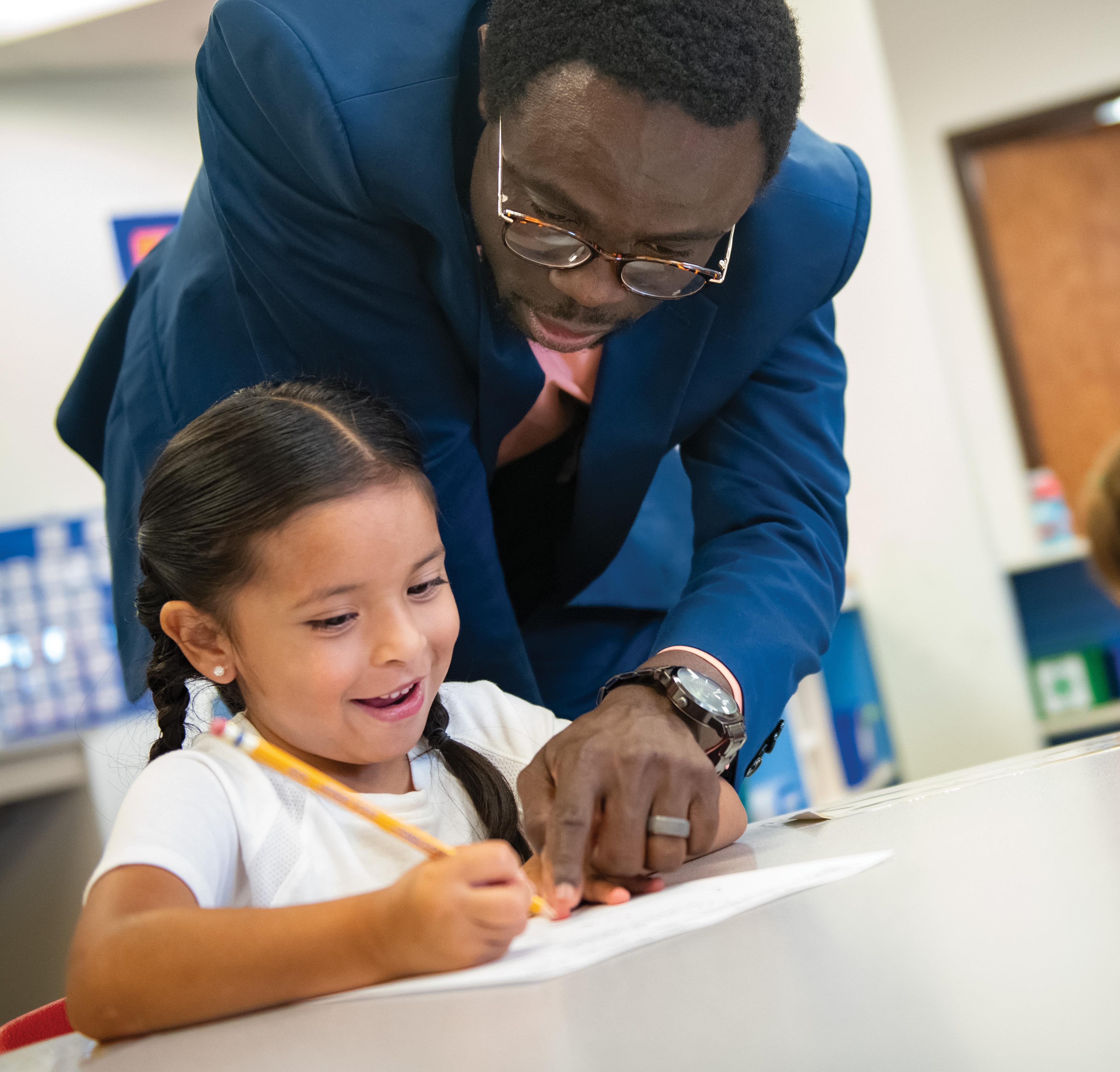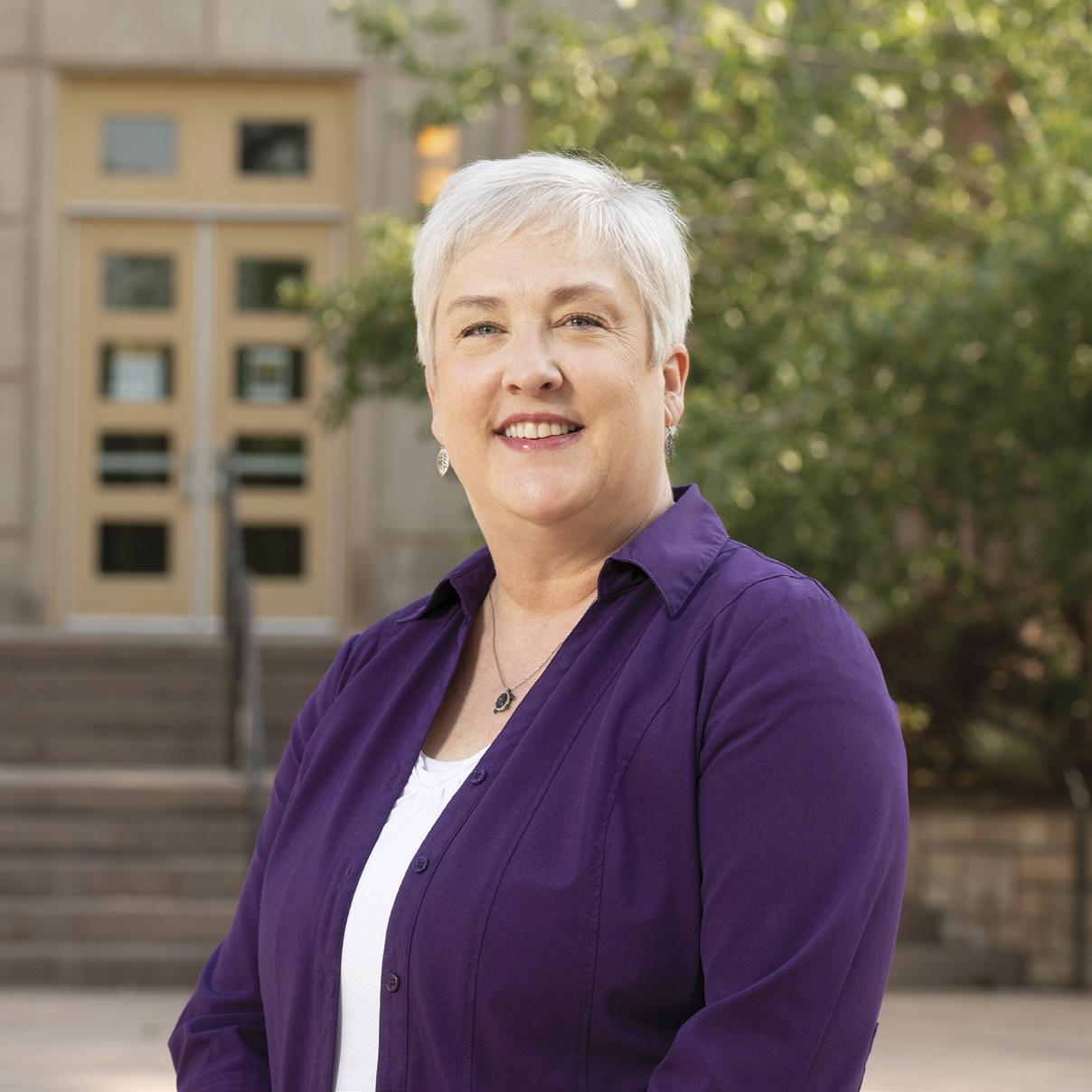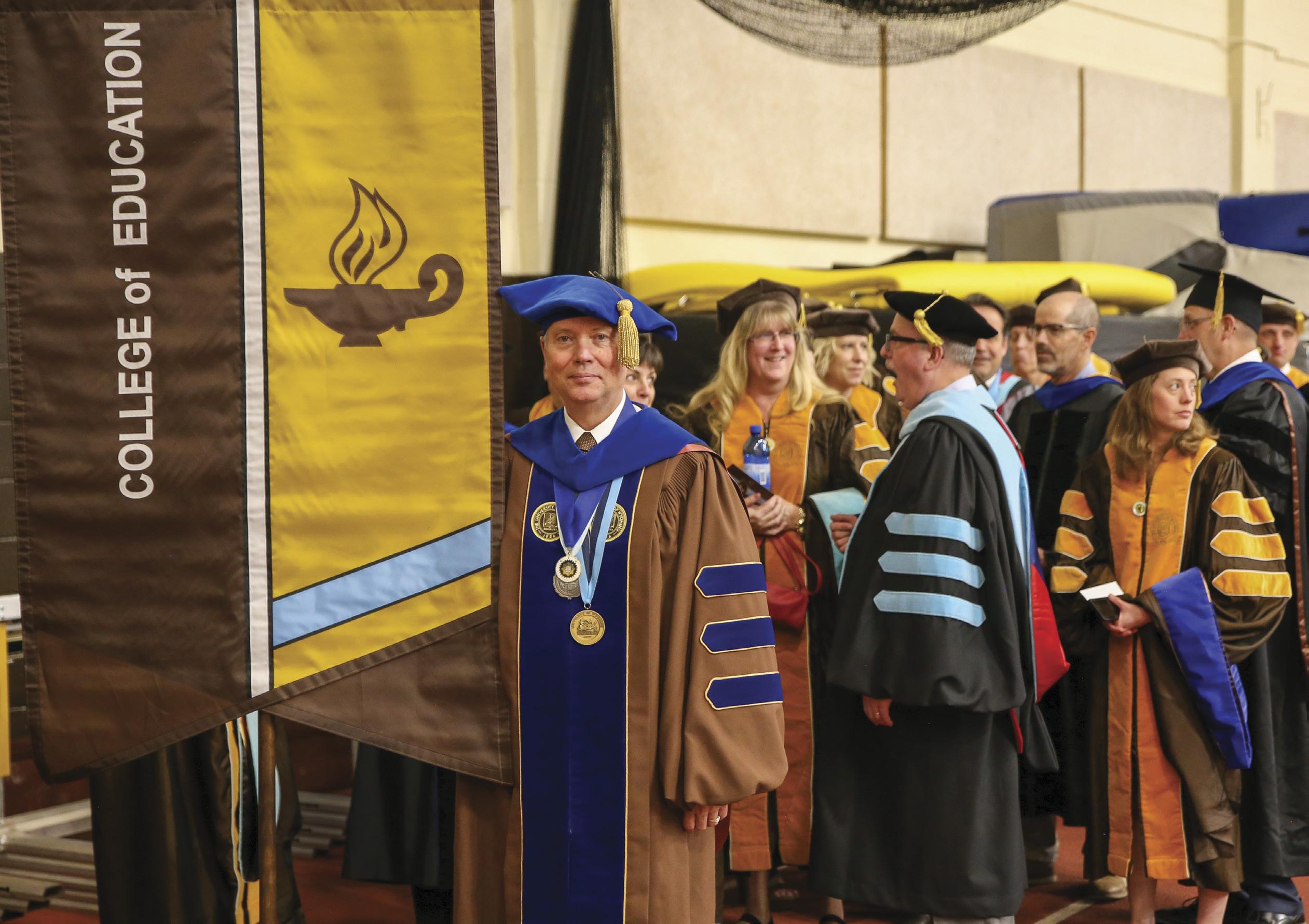Being Present Fostering Relationships and Providing Support Online
UW WellSpring counseling is a mental health clinic that provides counseling services to both students and community members. Advanced graduate students who are in training to become licensed professional counselors gain experience providing counseling under the supervision of counseling Ph.D. students and faculty. The facility is currently unable to receive clients in person due to the COVID-19 pandemic and has moved to a tele-mental health counseling format to continue being present for their students and clients. The team labored to find technology that would allow the counselors and clients to meet and see each other via a secure live video stream. Additionally, the system had to provide a way for other counseling students and supervisors to observe sessions and discuss what they are seeing in real-time while ensuring the privacy of the client. “Research shows that what helps clients most is the ability to build a relationship with their counselor in which they feel deeply understood, 22 • Education@UWYO 2020 Edition
valued and supported. The shift to an online format had us concerned about our ability to maintain a focus on building these relationships,” says Associate Professor Michael Morgan. “I think our team developed systems that function smoothly and create a virtual space that works for our students and clients.” It is also crucial that students have opportunities to bond with and build close connections with each other. Having a trusting relationship allows them to be honest and vulnerable when discussing and reflecting on each other’s practice. “Fostering these relationships organically when students are physically separated can be difficult to achieve,” says Ph.D. candidate and Clinic Coordinator Kody Roper. “Thankfully, our students are finding ways to build deep relationships with each other. We are seeing them show up 20-30 minutes early for Zoom sessions just to connect and talk.” Using a secure chat feature during observations, students can discuss what they are seeing during the session, a
supervisor can highlight different micro skills a counselor is using, or students can be pulled aside in break-out rooms to further discuss specific topics. The technology has helped replicate the in-person experience students normally have during clinical observations and has provided a virtual space for deep reflection amongst the students. Both students and faculty had to get up-to-speed on how to run an online clinic. Trainings were provided to teach everyone how to utilize the new technological components. They also learned best practices such as how to set up a space in their homes to conduct sessions and to interpret non-verbal cues from their clients without having a complete picture over a video feed. Another priority was helping students develop strategies to support their own mental health. “Our program has always emphasized that students need to have a plan to support their own wellness. That effort became even more important now,” says Morgan. “Since counseling is occurring in our students’ homes, we teach strategies to develop and maintain routines and help them find ways separate their emotionally taxing professional careers and personal lives.” Although tele-mental health counseling is providing a different experience, their training is still rooted in Council for Accreditation of Counseling and Related Educational Programs (CACREP) standards.









